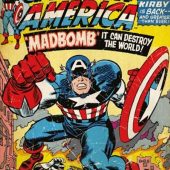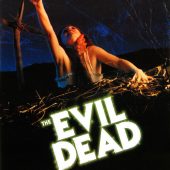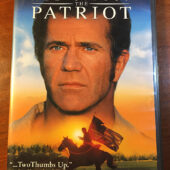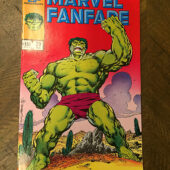




What many people forget when comparing The Matrix to its own sequels (or the Star Wars prequels, or any other maligned sci-fi epic) is that this 1999 original has bad dialogue too. In fact, search the entire trilogy for a line more cringe-inducing than “Buckle up, Dorothy, ‘cause Kansas is going bye-bye,” spoken by poor, wonderful Joe Pantoliano. I don’t care how silly you think it is when Neo (Keanu Reeves) calls Trinity (Carrie-Anne Moss) “Trin” in Revolutions – Wizard of Oz references “updated” into snarky baby-talk are worse. Series masterminds the Wachowski Brothers, like George Lucas, are aces with yarns and anything but light-fingered as writers.

Some of the grumpier nerds also love to point out that The Matrix rips off a bunch of anime; I usually can’t care less about anime, but I would point out that its story has a lot in common with Dark City, which came out over a year earlier.

But the thing about sci-fi epics is: They’re hardly ever well-written, at least not in the way a Cameron Crowe or Coen Brothers movie is well-written. Effects-heavy immersions into an expansive sci-fi universe live and die not by the material, exactly, but the commitment to it. From its attention-hijacking opening sequence in which a mysterious kung-fu woman (Trinity) is pursued by regular police and even-more-mysterious “agents” across the rooftops of a dark, greenish city before appearing to disappear into thin air, The Matrix announces commitment to its material. Silly dialogue on its own can earn guffaws; silly dialogue delivered by underplaying actors interacting with well-designed sets and effects that absolutely draw you into a world in which silly dialogue is slightly more common than in ours earns my affection. Do we quote Star Wars because it’s great dialogue, or because it’s part of something we love?

And so I’ve never really bought the The Matrix as an experience transcending other sci-fi/action movies, as a movie overflowing with stunning philosophy – “just” a terrifically entertaining and satisfying production on the order of the Star Wars series.
Everyone knows by now that the film is about the awakening of Thomas Anderson (Keanu Reeves), a disaffected computer hacker (codename: Neo) who senses something isn’t right about the world around him-and turns out to be correct, as he is exposed by the otherworldly Morpheus (Laurence Fishbourne) and Trinity to a “real” world considerably more bleak than the one he knows. This is an admittedly thought-provoking premise, but countless sci-fi films (including a lot of anime pictures) have buckled from their self-classified weight class. The Wachowkis never forget to have fun, and guide us back and forth between ideas and kung-fu, head-spinners and shoot-outs with ease.

This is the first casting of Keanu Reeves since Bill & Ted’s Excellent Adventure that can be accurately called a masterstroke. Regardless of your feelings about Reeves as an actor, he is perfect as Neo, much in the same way that Mark Hamill was an ideal Luke Skywalker. The befuddlement of Thomas Anderson during his transitions in and out of the Matrix rings absolutely true, and rescues Reeves from his sleepy aloofness. Right before Neo attempts one of his first superhuman feats, a simulated building-to-building jump, Reeves rubs his hands together, takes a deep breath, and says “okey-dokey”; he’s the sci-fi hero as terrific dork.
 The perpetual Reeves expression of pretty blankness is perfect for arranging in the Wachowskis’ comics-like compositions. The Matrix looked like a comic book before comics were a dominant source of big-budget action-adventure movies (and without actually coming from a graphic novel itself). If the John Woo-style gun ballets now seem a bit unnecessary, check out the scene where Agent Smith (Hugo Weaving) chases Neo on foot; the Wachowskis seem capable of staging any kind of action sequence with tension and style.
The perpetual Reeves expression of pretty blankness is perfect for arranging in the Wachowskis’ comics-like compositions. The Matrix looked like a comic book before comics were a dominant source of big-budget action-adventure movies (and without actually coming from a graphic novel itself). If the John Woo-style gun ballets now seem a bit unnecessary, check out the scene where Agent Smith (Hugo Weaving) chases Neo on foot; the Wachowskis seem capable of staging any kind of action sequence with tension and style.
 I can understand why so many people were let down by the rest of the Matrix trilogy, even if I don’t share their disappointment. The first film is an action-sci-fi-origin film for virtually everyone; the sequels are inevitably speak to more of a niche audience (and, unfortunately, that niche is one of the pickiest around). There’s a reason the original Star Wars is far and away the most popular, even if other installments may be equal or better. With The Matrix, the Wachowskis created their own iconic first installment – and all of the perks and the burdens that come with it.
I can understand why so many people were let down by the rest of the Matrix trilogy, even if I don’t share their disappointment. The first film is an action-sci-fi-origin film for virtually everyone; the sequels are inevitably speak to more of a niche audience (and, unfortunately, that niche is one of the pickiest around). There’s a reason the original Star Wars is far and away the most popular, even if other installments may be equal or better. With The Matrix, the Wachowskis created their own iconic first installment – and all of the perks and the burdens that come with it.
Review by Jesse Hassenger © 1999 filmcritic.com







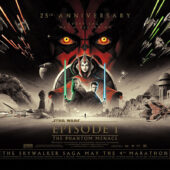













![Adult Movie Actress and Former Stripper Stormy Daniels Photo [221010-104]](https://www.filmfetish.com/img/p/2022/11/221010-104-stormy-daniels-85x11-web-170x170.jpg)
![Fox Theater San Francisco June 1962 Trapeze, The Vikings and Time Machine Marquee Photo [240218-39]](https://www.filmfetish.com/img/p/2024/03/240218-39-13x19-web-170x170.jpg)
![Brigitte Bardot Set of 4 Vintage Original Photo Postcards [L49]](https://www.filmfetish.com/img/p/2023/02/P1480575--170x170.jpg)
![Miss Hawaiian Tropic 2005 Regional Bikini Model Contest Atlantic City, New Jersey Group Photo [210803-0005]](https://www.filmfetish.com/img/p/2021/08/210803-0005-11x85-web-170x170.jpg)






















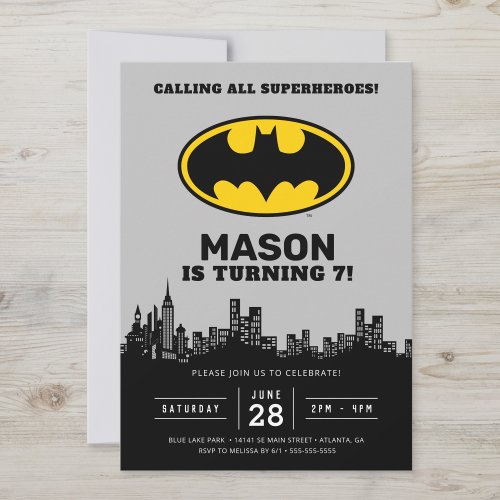




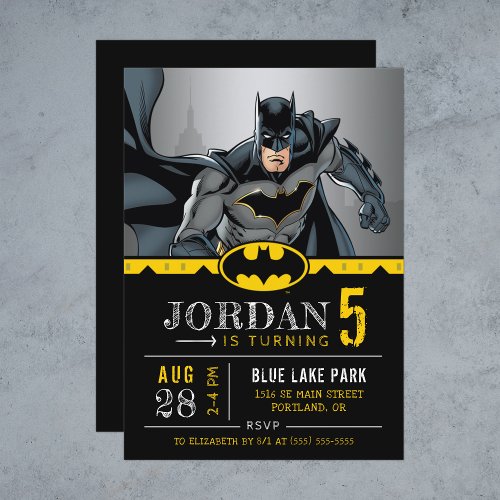




















![The Hollywood Reporter (August 10, 2012) Steve Carell Cover [9190]](https://www.filmfetish.com/img/p/2021/11/hollywood-reporter-9190-01-170x170.jpg)
